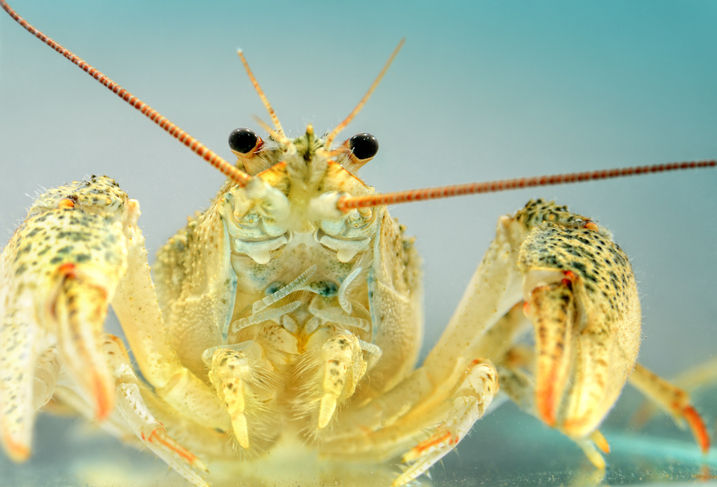Crustacean Compassion team up with LSE on collaborative workshop to discuss decapods in research
- Apr 27, 2023
- 3 min read
Updated: May 2, 2023
It is almost a year to the day since the Animal Welfare (Sentience) Act gained Royal Assent and entered into law. The landmark piece of legislation recognises the sentience of decapod crustaceans in UK law for the first time. While the government continues to consider the implications for other animal welfare legislation, Crustacean Compassion continues to push for further welfare improvements for crabs, prawns, lobsters and other decapods.
One of the key pieces of legislation which the government is currently reviewing is the Animals (Scientific Procedures) Act 1986 (known as ASPA) which governs the use of animals in research in the UK. As this legislation currently only covers vertebrates and cephalopods, there are no regulations of restrictions on the use of decapods in research.
The Home Office has already commissioned the Animals in Science Committee to look at this, and as part of developing an understanding of the broader issues, Crustacean Compassion and the London School of Economics Foundations of Animal Sentience Project teamed up last week to host a workshop on the use of decapods in research.
Bringing together academic, animal welfare groups and regulators, it was a chance to hear about what’s happening currently, share best practice and explore possible challenges to including decapods in ASPA – as well as how they can be overcome.
Bringing decapods under the regulation of ASPA was one of the central recommendations of the report commissioned by DEFRA and produced by the LSE during the passage of the Sentience Act. Decapods are currently the only animal recognised as sentient not regulated during scientific research and Crustacean Compassion supports their inclusion in ASPA.

There are already some great examples of best practice in the UK, including universities requiring all projects involving decapods to be assessed by an Animal Welfare Ethical Review Body (AWERB), in the same way as animals protected under ASPA. Other researchers spoke about the current housing and husbandry provisions and steps taken to ensure animal suffering is limited, along the same lines as ASPA procedures.
While nearly everyone in the room recognised the need for some form of regulation of the use of decapods in research, there were a range of views on what form that should take. While many agreed that ASPA offers the most consistent regulation, others were concerned about the impact on teaching, especially with undergraduates. Some participants spoke about academic institutions being cautious about anything to do with ASPA, even if experiments are not reaching the threshold to be regulated.
As a result of the day Crustacean Compassion will continue to constructively engage with those researchers who use decapods, and we plan to visit as many institutions as we can to see what’s happening first hand. We’re planning to do more work on the current position of AWERBS, which appear to be underfunded and not always working to their full purpose. We will also continue to talk to the Home Office and will be making a detailed submission to the Animals in Science Committee when the call for evidence is launched later this year.
Including decapods in ASPA is not only essential for consistency of approach with sentient animals, but will also ensure public confidence in the treatment of these animals. While we recognise that there are issues to be overcome, we do not believe that including decapods in ASPA will stop academics and others conducting important research, but it will give essential protections to the animals.



